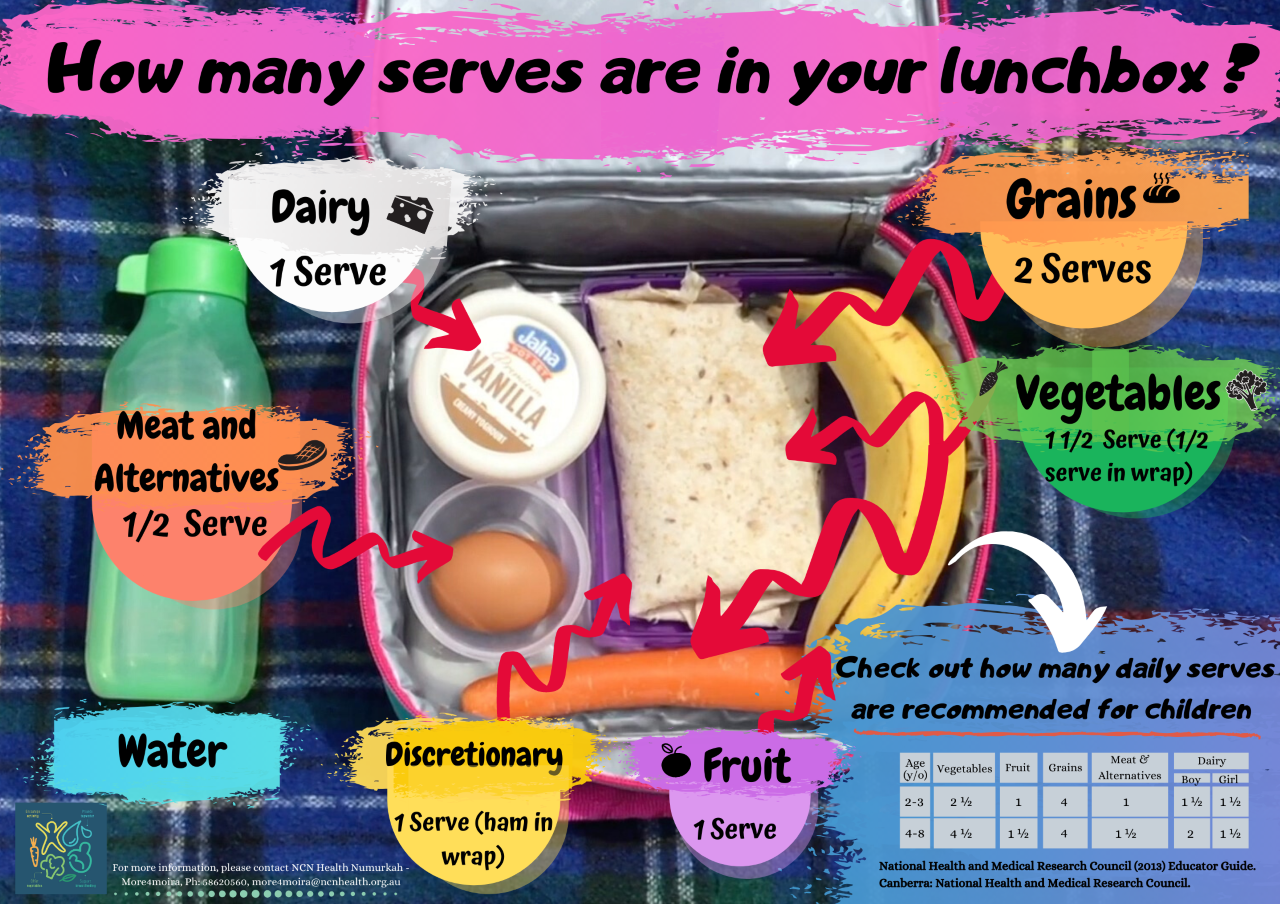Wellbeing

Seven Skills for Successful Kids!
At Numurkah Primary School, we encourage all our students in the seven skills that are identified in this article by Michele Borba – check it out!
‘Thrivers are made, not born. Children need safe, loving and structured childhoods, but they also need autonomy, competence and agency to flourish.
After combing through piles of research on traits most highly correlated to optimizing kids’
thriving abilities, I identified seven skills kids need to boost mental toughness, resilience, social competence, self-awareness and moral strength — and they are what separates successful kids who shine from those who struggle:
1. Self Confidence
2. Empathy
3. Self-Control
4. Integrity
5. Curiosity
6. Perseverance
7. Optimism
Click here to read more:
Help! My child is becoming a teenager!
Growing up can be both exciting and challenging – as parents, we know how daunting the challenge of raising a teen can be! Although our students are ‘primary’ age, we can plan for this tricky time. Here is an interesting article about how parents can help support children navigate the ‘teens’ -
‘The transition from childhood to adolescence is a vulnerable time for the development of mental health difficulties and brings a marked increase in anxiety and depression.
The push away from family to peers at this age can leave parents feeling adrift. But parents can have a positive role in how young people navigate the challenges of adolescence.
Untreated, mental health conditions often have an impact on adulthood. Supporting a young person with a mental health difficulty also places enormous stress on parents and family.
So how can parents be there for their children?
Research into how young people develop emotional skills found that a parenting style that encourages understanding and acceptance of emotions is associated with better mental wellbeing compared to styles that are dismissive, punitive or avoid emotional experiences.
As well to general emotional response style, there is an array of other factors linked to anxiety and depression which parents can play an important role in mitigating.
Supporting parents in these areas can have a positive preventative effect on the development of anxiety and depression. By better-involving parents in mental health care, we may also improve outcomes for teens with mental health challenges.’
Healthy Lunchboxes

